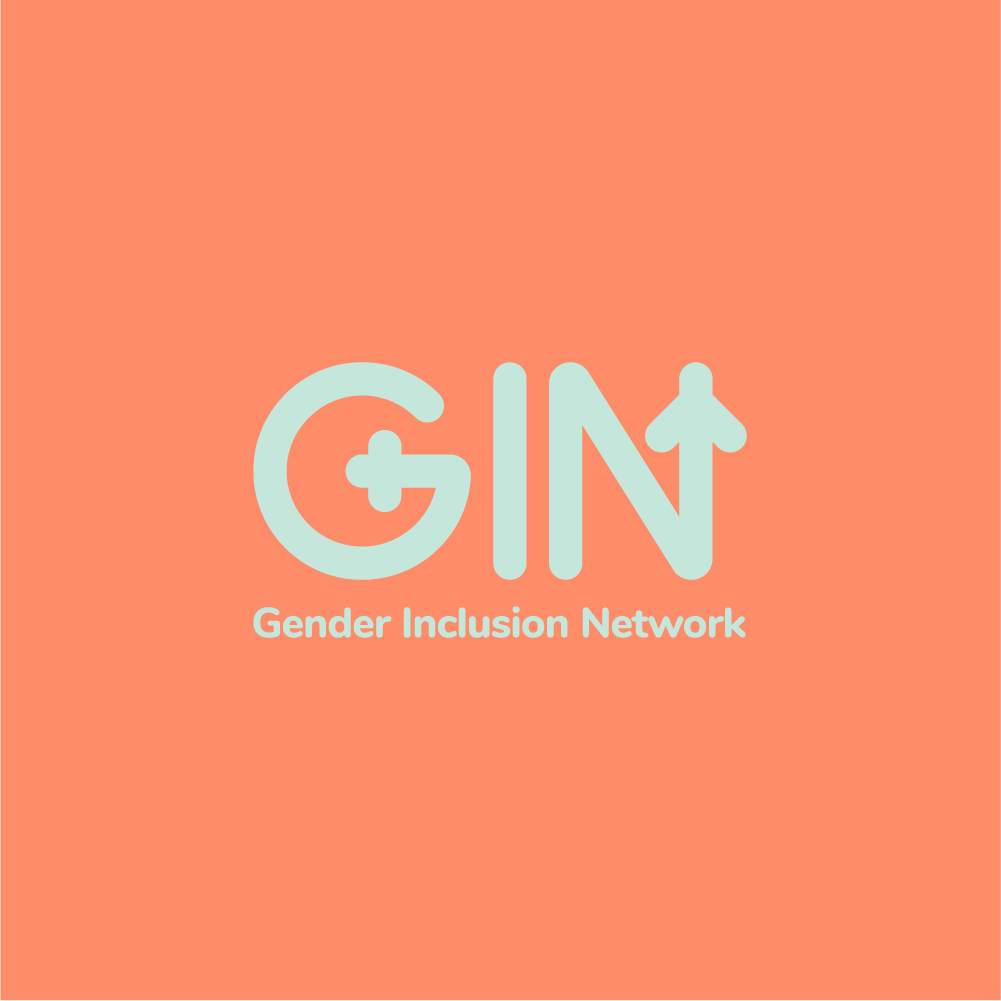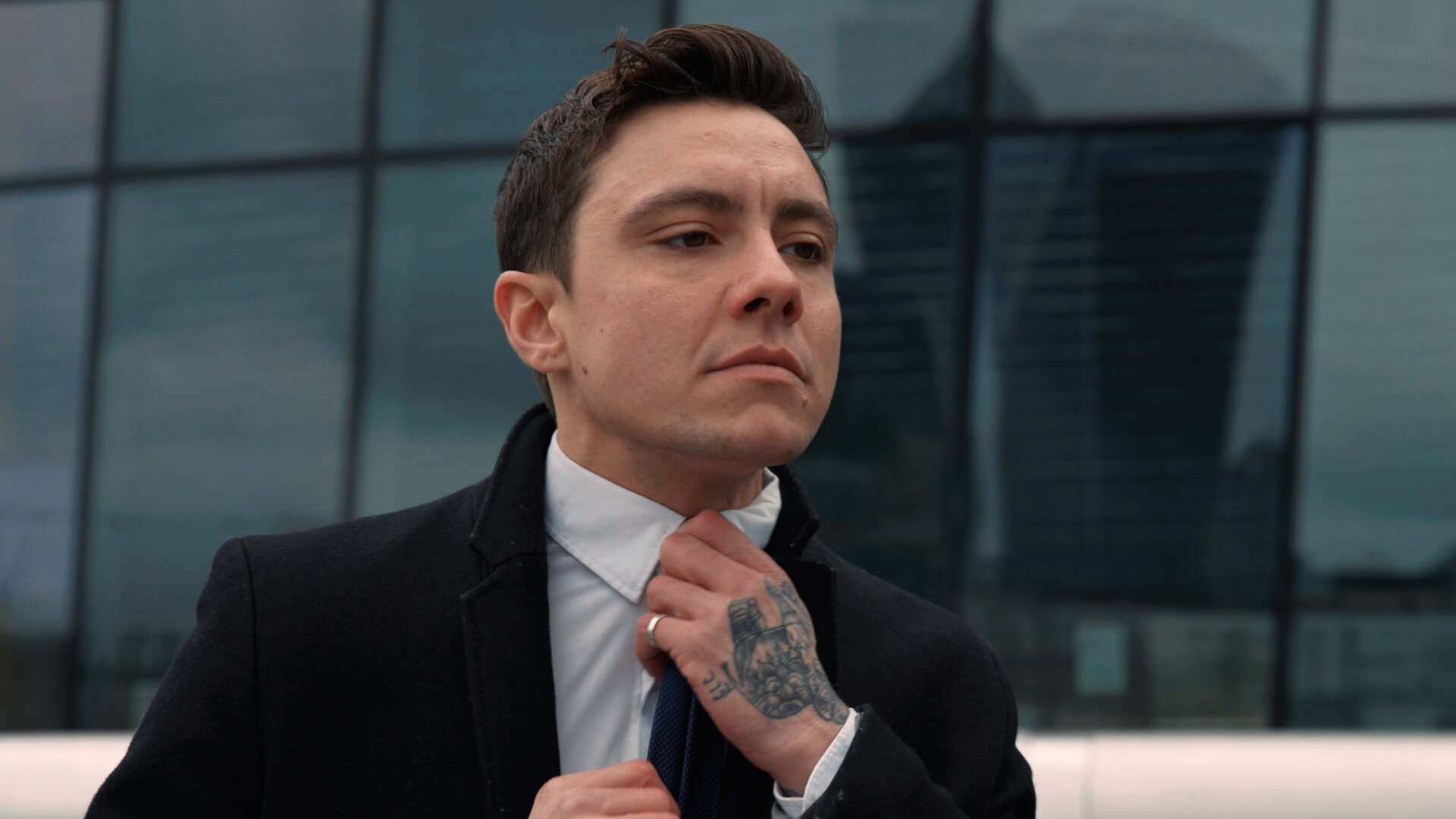So how was your weekend? -#ReadyToWork
A simple enough question, but to a member of the LGBTQIA+ community, it’s a source of anxiety. At this point they will be running through a list of race, gender and religious stereotypes before they respond, trying to assess how “comfortable” the individual will be with their personal life.
Stonewall reported in 2017 that one in five LGBT people (21 per cent) have experienced a hate crime or incident due to their sexual orientation and/or gender identity in the last 12 months. It was the Equality Act of 2010 that made workplace discrimination illegal, but 21 years later some people still prefer to remain in the closest in the office or avoid responding to personal questions directly, which can in turn damage professional relationships as it can appear impolite without context. Saying “I went to the park with my partner and toddler” is a freedom of speech few choose to exercise.
A lack of trans awareness in the workplace
An additional layer of complexity presents itself for members of the genderqueer community (trans and nonbinary people). Despite the name, a trans person does not need to socially or medically transition to have their identity recognised and respected; and therefore some feel the lack of trans awareness in office spaces would make being vocal about their identity too problematic for their colleagues to comprehend and potentially their career could suffer.
As a result, many trans people choose to resign from their posts to transition, socially and/or medically, for a fresh start as we live in a heavily gender binary society. Some companies actively support their employees through both social and medical transitioning in the workplace - changing their practices and educating their employees to create safe spaces for all but we have a fair bit of work to do.
For nonbinary people who exist outside of conventional gender presentations, the ‘coming out’ never ends and therefore the potential for discrimination is endless. If someone’s gender expression, is different from the stereotypical gender presentations that were assigned to them at birth, outdated workplace dress code policies will always fall short, be misunderstood by their colleagues and mis-gendered through misuse of pronouns.
A changing landscape
The world is still changing, growing and remedying past wrongs. LGBTQIA+ charities are still addressing the fact that our community wasn’t mentioned in the UK Curriculum at all since the late 80s, due to Margaret Thatcher’s Section 28 policies. Under this legislation, if Jacqueline Wilson had mentioned the fact that Tracy Beaker’s Mum, Cam, was a lesbian explicitly in the book it would have been removed from our libraries.
As a country we know very little about sexuality and gender diversity. As a result, generations of doctors, ticket inspectors, judges and even the police are currently undergoing LGBTQIA+ training to change this. Employees in the insurance industry are in the same boat through no fault of their own, which is why organisations such as GIN exist to pave the way for change.
So now we’ve explained WHY you don’t know… let’s touch on WHAT you don’t know…
Gender and sexuality are both spectrums. Historically gender has been imposed on our societies as a way of taking control. The Feminist movement fights against the gender hierarchy imposed during colonialism to create second class citizenship for women, the Black Lives Matter movement fights against racism and the LGBTQIA+ community fights against homophobia, transphobia and biphobia. The truth is colonialism is the by-product of white supremacy and every activist under the sun is campaigning to undo the damage of ill-informed generations and break generational curses. We are all in this together.
So why is this important?
Well, I’m the Black Trans guy who produced and directed GIN’s launch video. I first started working in diversity consultancy because my career in finance was cut short due to daily persistent homophobia. I had to relearn how to read, write and eat in a public space. Now don’t cue your violin, even the small one, I’ve recovered but my point still stands and I’m not an anomaly.
Galop, the UK’s LGBT+ anti-violence charity, reported in 2020 that 3 out of 10 trans employees have experienced transphobia at work, which can impact an individual's mental health to the extent that it can alter their daily routine by avoiding certain environments or experiencing severe anxiety. These statistics aren’t exclusive to the insurance industry but hate incidents do cost careers, mental health and even lives.
GIN's #ReadyToWork campaign is a stepping stone on the journey to making our workplaces completely diverse and inclusive. It's a statement that gender fluidity is indeed professional as the numbers of people identifying as nonbinary are on the rise. I hope that the hostility that I and so many others have experienced ages with the times.
So let’s get to the point where all employees can share exactly what they did on their weekends.
Rico Jacob Chace
Director at TransActual UK, Diversity Consultant


